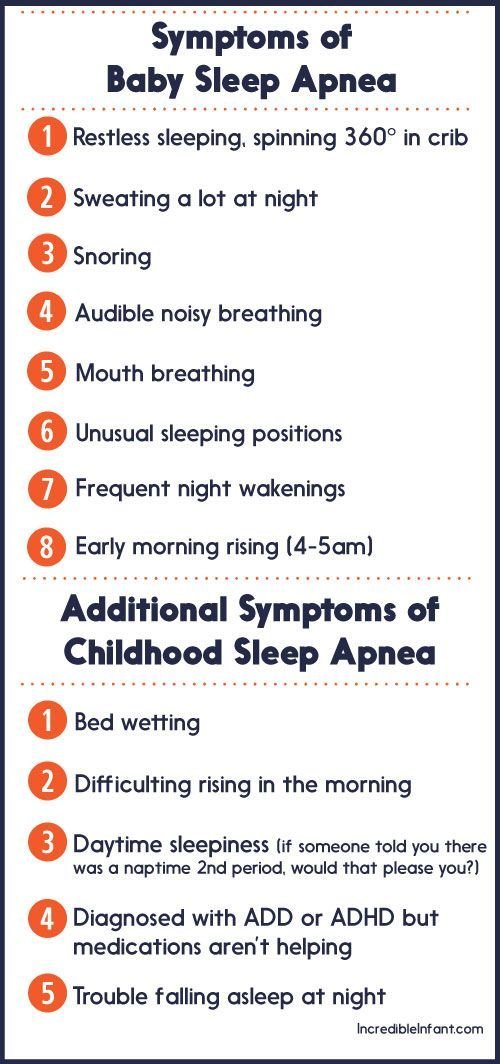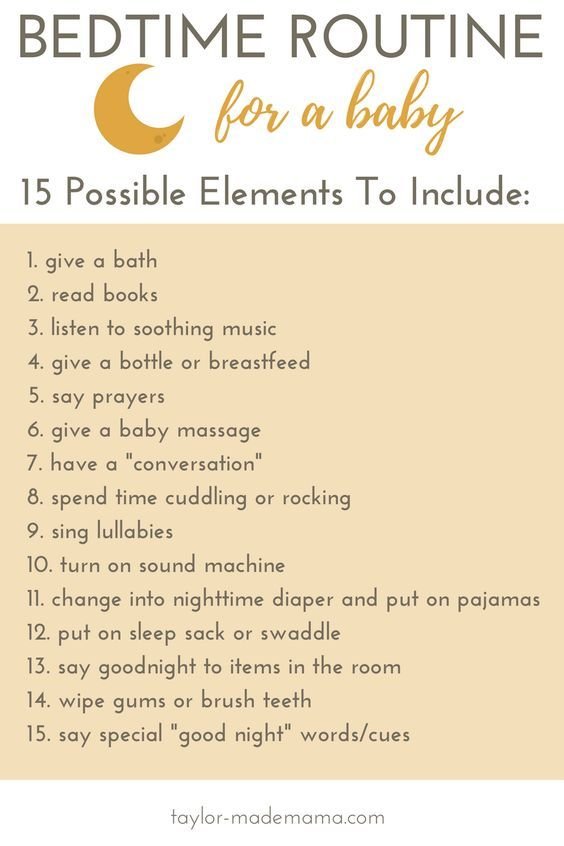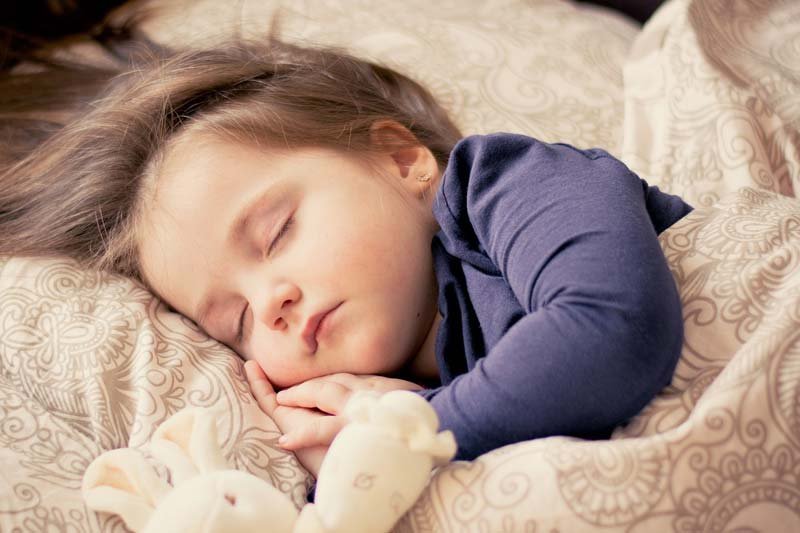How to help kids fall asleep : Do you have a newborn in your home? Are they having trouble sleeping? Get expert advice by joining the infant sleep training community to achieve healthy sleeping & nutritional habits. Apart from this, you can take some tips to help them fall asleep – for the sake of their growth and health.
When you are a parent, the feeling and task of raising a child brings you great joy – but it can also be stressful at times. Even when you are tasked with taking care of someone else’s child, it can be very stressful when you are trying to get them to sleep and they stubbornly refuse.
It is important to keep in mind that problems with sleep are not just an adult problem, and even young ones and toddlers go through it. They have trouble getting to sleep, which can make them very cranky, moody, and all over the place – making you have to stay up for longer trying to get them to have some shut-eye. However, instead of getting frustrated, you can take guidance from a child sleep consultant to help them sleep better. Also, here are some tips to help you win the fight of sleep over the young one.
Set individualized bedtimes
The sleep needs of a child will vary as they grow up, but the general consensus is that a child who is going to school needs about nine to eleven hours of sleep every night. Most children will have certain sleep patterns that do not really change that much, even if you put so many measures in place like using dreamcloud mattresses.
For instance, if your child is an early riser, they will still wake up early even though you may put them into bed later in the night, and night owls will not sleep until their bodies are ready to go to bed. It is important for you to know these patterns especially when you are a parent. This will help you to guide them on their sleep time and help them feel refreshed when they wake up.
Set specific wake up times
When you are familiar with how your child sleeps and their sleeping hours, you will also know what time they need to wake up. Permitting the kid to sleep in during holidays and weekends is being nice, although you need to remember that can set you up for sleepless nights.
The body has a sleep rhythm that it must maintain, and to disrupt that momentum will cause problems on its own. The extra sleep hours will make the child feel like they are experiencing some form of jet lag, which makes it difficult for their body to feel tired when they are supposed to go to bed. This is why bedtime and wake up times should remain consistent, and if you are being generous – you give an hour at most.
Create consistencies in bedtime routines
Creation of a routine is particularly vital for an infant, toddler and a child who has just started going to school. When you do certain activities before they go to bed, such as story time or taking a bath, you help them remember that sleep time is next.
When a child grows up knowing their routine, it can help them become more relaxed, and it begins to feel comfortable to them due to the familiarity – therefore setting the best atmosphere for bed. Before you start to struggle getting them to sleep, they will automatically begin to feel sleepy on their own, as long as the routine has started.
Turn off the TV some hours before they go to bed, preferably one to two hours
The light from electronic devices such as your smartphone, your television and a computer has actually been proven to be harmful to the sleeping process. This is because the light they emit interferes with the production of melatonin, a hormone that the brain produces and signals you to go to bed.
Melatonin is therefore an essential part of maintaining your wake and sleep cycles, and the more it is in your body, the sleepier you feel. Children are particularly sensitive to this, so make sure you turn off these devices for at least one or two hours before their bedtime. In addition, make sure the bedroom is free of these devices, and make sure all screens are completely darkened.
Reduce stress levels before bed
One hormone that plays a major role in you not sleeping properly is cortisol, also known as the ‘stress hormone’. A day full of stress will therefore leave you tossing and turning in bed, and a child can be affected by it as well.
When their cortisol levels are high, their body will not be able to shut down completely, and they will find it hard to sleep. Make sure their bedroom environment is not increasing their stress levels – keep the place calm and quiet, curtains closed, and the lights dim. This will help their cortisol levels reduce significantly.
Help their bedroom environment induce them to sleep
Some children will want to have a stuffed toy next to them to help them calm down and sleep better, so you can get them one of these toys. However, do not do an overkill by stuffing the room with toys either, because this can make it hard for them to get some sleep.
In addition, the bedroom should have calming color themes, for instance the walls and ceiling could be in darker shades. Another strategy is tucking them in soft sheets, and increasing the quietness of the room. These will help the child to know the difference between night and day, and make it easy for them to sleep.
Keep the bedroom cool
Ever woken up in the middle of the night because the room was too hot, that it became uncomfortable? Well, children experience that too – in fact, they are more sensitive to changes in temperature, which can even affect their sleep cycles.
Even though melatonin plays a role in reducing the body temperature, you can also regulate external temperatures by not bundling them up too much, so that they can sleep better.
Conclusion
Sleep is very important to a child because their bodies and minds are still growing, and they need all the rest they can get to benefit from that growth. Even though it may be challenging to put them to sleep, you can do it better using these tips.
Related Videos to How to help kids fall asleep :
Top 3 Sleep Tips for Children & Teens
TIPS | Getting Your Kid to Sleep ALONE!
4 Tips for Helping Your Child Fall Asleep
Related Infographics to How to help kids fall asleep :




How to help kids fall asleep
how to fall asleep fast for 10 year olds, 10 year old can’t fall asleep, child having trouble falling asleepv11 year old trouble falling asleep, 10 year old trouble falling asleep, 11 year old sleep problems, 10 year old sleep anxiety, 10 year old sleep problems, How to help kids fall asleep




